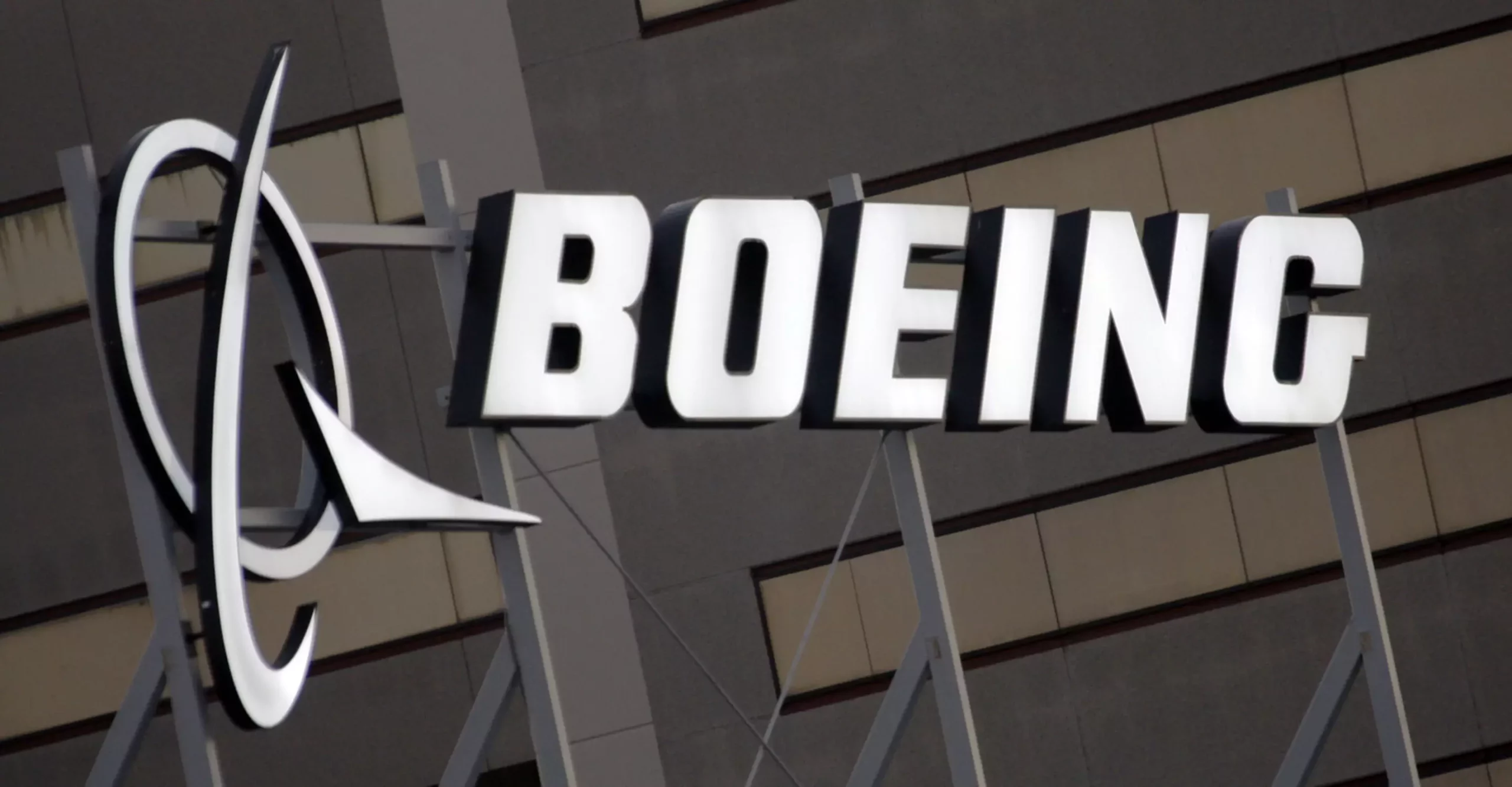In a significant move, Boeing announced the replacement of Theodore “Ted” Colbert III as the head of its Defense, Space & Security division. The decision, described as immediate, shifts leadership to Steve Parker, the current chief operating officer, while a search for a permanent successor commences. This strategic pivot comes amid burgeoning challenges in Boeing’s defense segment, which has been plagued by financial losses and operational setbacks. Notably, the company has grappled with unprofitable government contracts, notably those associated with high-profile projects like the next generation of Air Force One and essential refueling tankers for the Air Force.
Colbert’s tenure at Boeing, which spanned 15 years, included roles as chief information officer and head of the global services segment before leading the defense unit. His departure reflects insistent investor pressure along with persistent operational difficulties within the division. Boeing has faced mounting criticism for its handling of the Starliner spacecraft — the company’s ambitious venture to support NASA’s crewed missions. This setback has severely tarnished Boeing’s reputation, particularly after thruster issues emerged on Starliner’s first crewed mission to the International Space Station (ISS). The decision by NASA to keep astronauts aboard the ISS longer rather than risk a return via Starliner underscores the gravity of these challenges.
Since the beginning of 2022, Boeing’s Defense and Space division has reported a staggering $6 billion loss, exceeding the financial woes of its commercial airplane sector. This signals a critical juncture for Boeing as it seeks to rebound and restore confidence among its stakeholders. In a memo to employees, Kelly Ortberg, who took on the role of Boeing’s CEO just a month ago, emphasized the necessity of rebuilding trust and meeting customer expectations. The urgency of Ortberg’s message highlights the challenging road ahead; Boeing must not only address its immediate financial entanglements but also innovate and improve its operational efficiencies to prevent future setbacks.
As the company navigates these turbulent waters, the appointment of a new leader will be critical. Success in these endeavors will depend on the new president’s ability to leverage existing relationships with the Pentagon and NASA while ensuring that critical projects stay on track. If Boeing can successfully turn around its defense and space operations, it may chart a path to restoring its once-stalwart position in the aerospace industry. However, failure to do so could usher in a new era of muted outcomes and intensified scrutiny from both investors and government stakeholders alike.
The changes in Boeing’s defense leadership illustrate the company’s acknowledgment of its recent challenges and the necessity for transformative strategies. As it stands at this crucial crossroads, the emphasis must now be placed on performance enhancement and regaining lost trust in a highly competitive sector marked by rapid innovation and scrutiny. The success of these initiatives will, without doubt, shape Boeing’s future in the aerospace landscape.


Leave a Reply